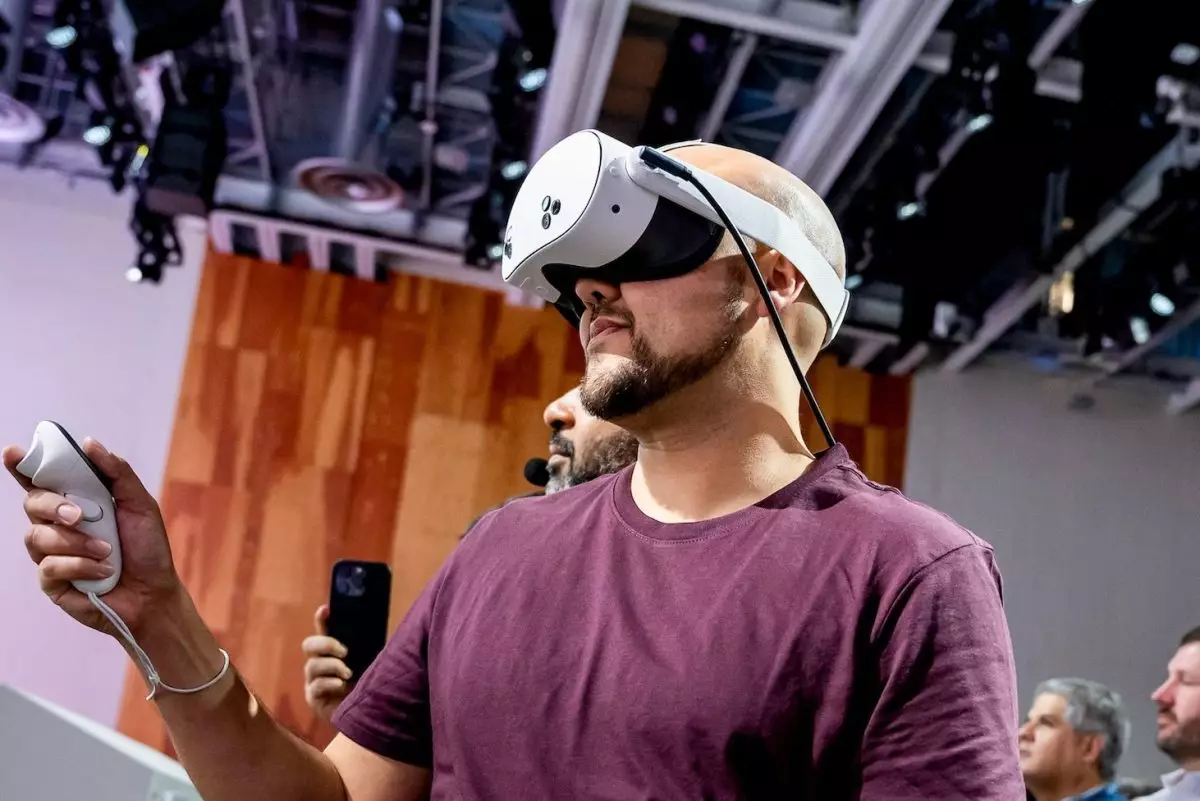The rapid evolution of technology has transformed every facet of human life, with education being one of the most influenced sectors. In a bid to further this revolution, Meta, the parent company of Facebook, has taken significant strides to integrate virtual reality (VR) into educational frameworks. Their recent initiative, the Meta for Education beta program, signifies a commitment to not merely explore but actively implement virtual learning experiences across universities in both the United States and the United Kingdom.
To actualize its vision for a more immersive educational experience, Meta has forged alliances with 13 diverse universities. This partnership is groundbreaking as it allows these institutions to gain firsthand access to a beta version of a new VR product, aimed at enhancing learning through innovative technologies. The universities involved in this initiative range from Arizona State University to Imperial College London, creating a broad spectrum of disciplines that will be represented in the testing. With this strategic approach, Meta aims to establish a comprehensive feedback loop with educators, which will be crucial in fine-tuning their product.
Educators will be given the responsibility to assess the performance and capabilities of both VR and mixed reality (XR) technologies directly in their classrooms. The intent behind this program is to make education not only more interactive but also more broadly engaging by enabling teachers to access a wealth of multimedia resources across various subjects such as science, medicine, language arts, and history.
Meta’s ambitions do not merely rest on implementing new technology; they also extend to creating a virtual replica of university campuses through their “digital twin” concept. This idea allows students to engage with their educational environment in a manner that closely resembles physical attendance while leveraging the advantages of virtual learning. Initial programs under this initiative have begun at the University of Leeds, focusing particularly on areas like performance and theater.
In addition to the UK, this digital twin initiative is proving to be a gateway for Meta’s expansion into Europe, with plans in place for the University of Basque Country and University of Hannover to join this immersive education movement. With such diverse disciplines being represented, it underscores Meta’s approach of tailoring educational experiences to fit a range of learning styles and preferences.
Despite the excitement surrounding these technological advancements, Meta’s aggressive pursuit of VR integration comes with considerable financial risk. This segment of the business, encapsulated in the Reality Labs division, has consistently operated at a loss. Reporting a staggering $4.4 billion deficit in the third quarter alone, the company remains committed to pouring resources into the development of this technology. While the revenue from VR-related products has witnessed an increase, the burgeoning costs associated with research and development indicate that Meta is wagering heavily on the future of VR.
As they continue to face these fiscal challenges, it is essential to question whether Meta’s efforts will pay off in the long term. Could collaborations with universities be enough to shift the narrative from an expensive trend to essential educational tools? The entry of competitors like Apple, with its Vision Pro headset, adds another layer of complexity to this scenario. Many anticipate that the burgeoning interest in mixed reality solutions could indeed sow the seeds for VR and AR to shift from niche markets into mainstream acceptance.
As educational institutions embark on this new journey alongside Meta, there will undoubtedly be obstacles to overcome. The primary challenge will be the effective integration of VR technology into existing curricula, a task that will require significant professional development for educators. Additionally, there is the looming question of accessibility; ensuring that students from diverse backgrounds can benefit from these resources is a potential barrier that needs to be addressed.
While Meta’s foray into the VR education space appears promising, it is vital to approach this initiative with cautious optimism. The partnerships with universities not only symbolize a step towards innovation but also demand rigorous scrutiny as they unfold. Should Meta successfully navigate these challenges, it could redefine educational paradigms and solidify VR’s place within the learning process. Ultimately, the future of education may very well hinge on the capabilities and lessons learned from this transformational journey.

